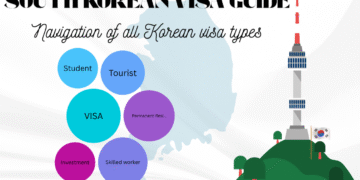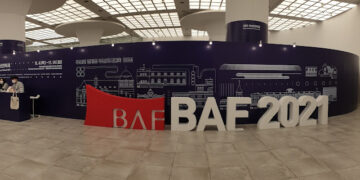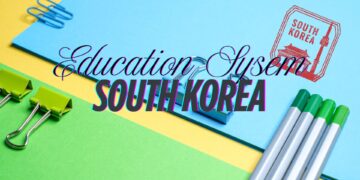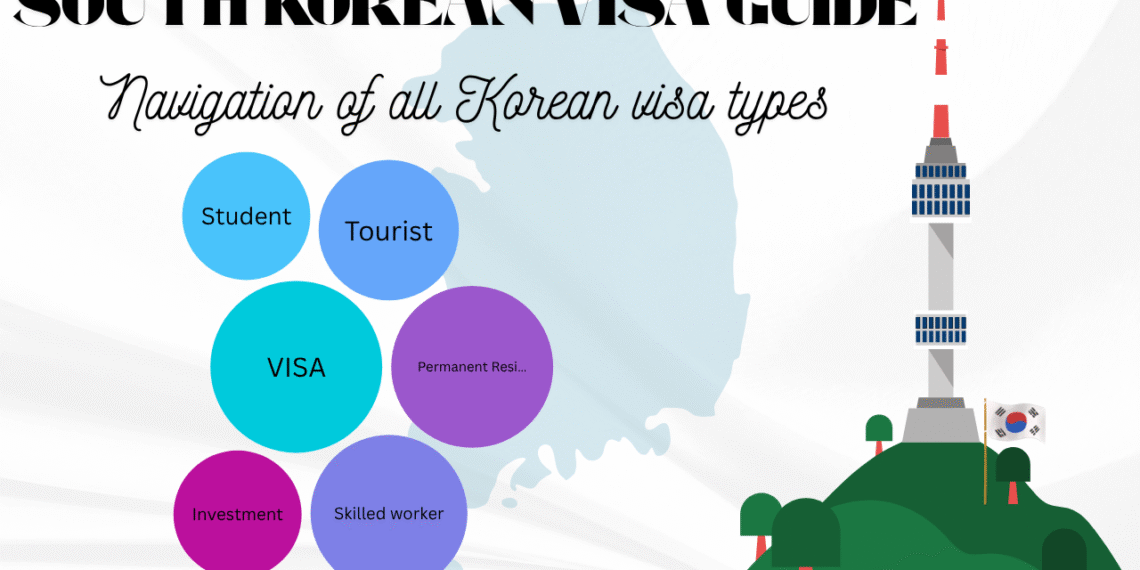Korean visa rules 2025 have become increasingly complex, and many foreigners living in or planning to move to South Korea remain unaware of the most critical regulations that could affect their legal status. After thoroughly analyzing the official 2025 immigration manual from South Korea’s Ministry of Justice, I’ve uncovered six surprising rules that directly impact every foreigner’s visa journey.
Why Korean Visa Rules 2025 Keep Surprising Foreigners
Anyone dealing with South Korea’s immigration system knows that feeling—equal parts confusion and anxiety mixed with the constant worry you’re missing something crucial. The maze of Korean visa rules 2025 often feels like important regulations are hidden until it’s too late to fix your situation.
Understanding these Korean visa rules 2025 isn’t just helpful—it’s essential for anyone planning a long-term stay or already living in Korea. These details could save you significant time, money, and stress while navigating one of the world’s most structured immigration systems.
1. Some Diplomats’ Families Can Work—But Only If They’re From the Right Country
Here’s something that catches most people off guard in the Korean visa rules 2025: families of foreign diplomats and consular staff (A-1 visa holders) can actually get permission to work in Korea. But there’s a catch that makes this privilege surprisingly exclusive.
The key principle is 상호주의 (reciprocity)—Korea only grants work permission to diplomatic families from countries that offer the same privilege to Korean diplomatic families abroad.
What the Korean visa rules 2025 reveal:
- Country-specific privilege: As of 2025, only families from 29 specific countries qualify, including the USA, Canada, UK, Germany, Japan, and Peru
- Allowed job categories: If approved, they can work in D-1, D-6, E-1, E-2, E-3, E-4, E-5, and E-6 visa categories (with E-6-2 hotel/nightlife work specifically excluded)
- Diplomatic reciprocity principle: This reflects Korea’s strict tit-for-tat approach to international relations, extending even to the most privileged visa holders
2. Your University Grades Can Actually Jeopardize Your Visa Status
For international students on D-2 visas, the Korean visa rules 2025 make academic performance directly linked to your legal status. Immigration authorities actively review grades during visa renewals, especially for universities under “strengthened visa screening.”
The grade-based visa restrictions under Korean visa rules 2025:
- Critical GPA threshold: Students whose overall average drops to D level (1.0 GPA) face immediate consequences
- First violation: You may only receive a six-month extension and must submit a 사유서 (written explanation statement)
- Continued poor performance: Failure to improve grades by the next renewal can result in visa extension restrictions, potentially ending your studies in Korea
This policy signals Korea’s shift from viewing international students as university revenue sources to treating them as managed talent pipelines where academic commitment is non-negotiable.
3. Korea’s Residency System Is Actually a Points Game (And You Can Calculate Your Score)
The F-2-7 residency visa for 우수인재 (outstanding talent) represents one of the most structured aspects of Korean visa rules 2025. This visa operates on a transparent points-based system that quantifies your professional and social value to Korea.
How the points system works under Korean visa rules 2025:
- Annual income: Professionals earning over 100 million KRW receive maximum points
- Age preference: Those in their late 20s and early 30s score highest
- Education premium: Advanced degrees, especially from globally top-ranked universities, earn significantly more points
- Korean language mastery: TOPIK Level 5 or KIIP Level 5 completion provides substantial point boosts, reflecting the importance of integration
The system reveals the government’s data-driven approach to selecting long-term residents, offering a clear merit-based pathway for those willing to meet demanding criteria.
4. You Can Literally Buy Residency—But Only in Government-Approved Zones
Korean visa rules 2025 include a real estate investment immigration program that grants F-2 residency visas to foreigners making substantial investments in designated tourism and leisure facilities. However, this isn’t available everywhere—investments must be made in specific government-approved development zones.
Current investment thresholds under Korean visa rules 2025:
- Gangwon Province (Gangneung, Jeongdongjin): 700 million KRW minimum investment
- Jeonnam Province (Yeosu, Hwayang District): 700 million KRW minimum
- Incheon Free Economic Zone (Songdo, Yeongjong, Cheongna): 700 million KRW (increased from 500 million in May 2023)
- Gangwon Province (Pyeongchang, Alpensia): 1 billion KRW (increased from 500 million in May 2023)
Important requirement: You must maintain the investment to keep your residency status. This program demonstrates Korea’s strategic use of residency as an incentive to develop specific tourism zones.
5. Your Job Title Must Match a Specific Government Code
The E-7 (Specific Activity) visa under Korean visa rules 2025 isn’t a general “professional work visa”—it’s a highly structured system with 91 designated job categories. Your qualifications must align perfectly with one of these coded occupations.
The three-tier system covers:
- High-level professionals: Data Expert (2231), Management Consultant (2715)
- Skilled technical workers: Ship Welder (7430), Aircraft Manufacturer (S8417)
- Specialized service roles: Chef and Cook (441), Medical Coordinator (S3922)
The manual reveals that E-7 is actually a flexible government tool for filling specific labor gaps across the entire economy—from corporate boardrooms to shipyard floors.
6. Tourist Visas Are (Almost Always) a One-Way Street
One of the most critical aspects of Korean visa rules 2025 concerns changing visa status within Korea. The official manual states unequivocally that you cannot enter as a tourist or on a visa waiver, then change to a long-term visa from within the country.
The rule in black and white:
사증면제협정 또는 관광통과 목적으로 입국한 자에 대하여는 원칙적으로 체류기간 연장이나 체류자격 변경허가를 하지 아니하므로…
What this means under Korean visa rules 2025:
- You must apply for the correct visa at a Korean embassy or consulate abroad
- Re-entry with the proper visa is required
- Rare exceptions exist only for 부득이한 사유 (truly unavoidable reasons) like serious accidents
- Planned changes like securing employment are not considered valid exceptions
Understanding Korean Visa Rules 2025: Key Takeaways
Korean visa rules 2025 operate on principles that aren’t always intuitive but are highly structured and purposeful. The complexity serves specific policy goals: encouraging academic excellence, attracting skilled professionals, promoting Korean language learning, and ensuring proper visa planning from the outset.
Essential points about Korean visa rules 2025:
- Work permissions often depend on diplomatic reciprocity
- Academic performance directly impacts visa renewals for students
- Professional visas require exact job category matches
- Tourist entries cannot serve as backdoors to long-term visas
- Investment-based residency is limited to specific development zones
What emerges from studying Korean visa rules 2025 is a clear truth: in Korea’s immigration system, details aren’t just important—they’re everything. Understanding these core realities can save you immense time, money, and stress while navigating one of the world’s most structured immigration systems.
Korean visa rules 2025 reward preparation, academic achievement, professional qualifications, and genuine commitment to integrating into Korean society. For those willing to understand and work within these detailed requirements, Korea offers clear pathways to both temporary and permanent residency.


































